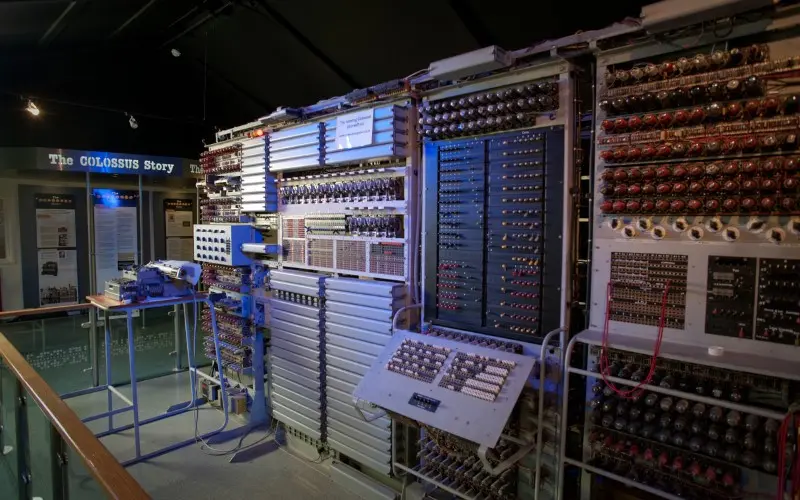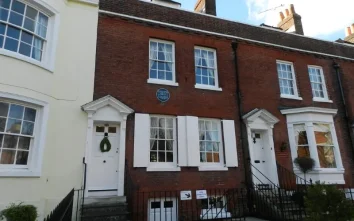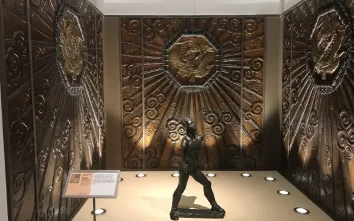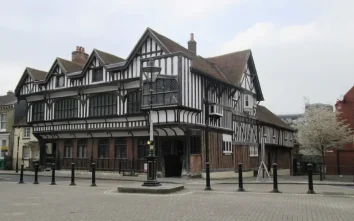The National Museum of Computing
The National Museum of Computing
- Entry:
- Admission fee
- Facilities: Museum Shop
- City/Town:
- Bletchley
Parking
Toilets
Accessibility
- Region:
- the South East
- Postcode:
- MK3 6EB
- Museum Category:
- Science, Industry & Technology
Official Website:
The National Museum of ComputingSimilar Nearby Museums

The National Museum of Computing (TNMOC) is a unique and fascinating place to visit. Located on the grounds of Bletchley Park, England’s birthplace of modern computing, TNMOC is dedicated to preserving and displaying the history of computing.
During your visit, you will be able to see a range of historic computers and computing equipment on display, including the Colossus, the world’s first programmable electronic computer, and the Tunny machine, used to decipher messages sent by the German armed forces during World War II.
In addition to these historic machines, TNMOC also showcases the evolution of computing through the decades, with displays of computers from the 1950s, 1960s, and 1970s, as well as early examples of personal computing from the 1980s. You’ll be able to see how computing has changed over the years, and get a glimpse into the future of technology.
One of the highlights of a visit to TNMOC is the opportunity to see and interact with a range of working vintage computers and equipment. From the famous ZX Spectrum, to the Commodore 64 and Sinclair QL, TNMOC has an impressive collection of working computers that visitors can try out for themselves.
Another must-see exhibit is the Hand-Cranked Computer, a working replica of the world’s first mechanical computer. You’ll be able to see how computers worked before the advent of electronics, and learn about the pioneers who made it all possible.
Finally, TNMOC is home to a range of interactive displays, including coding games and activities that let you experience what it was like to program computers in the early days. There’s also a theatre where you can watch documentaries and presentations about the history of computing.
In conclusion, if you’re interested in the history of computing, or simply curious about how technology has evolved over the years, a visit to TNMOC is a must. With its unique displays and interactive exhibits, TNMOC provides an engaging and educational experience that will leave you with a greater appreciation of the technology that we take for granted every day.







